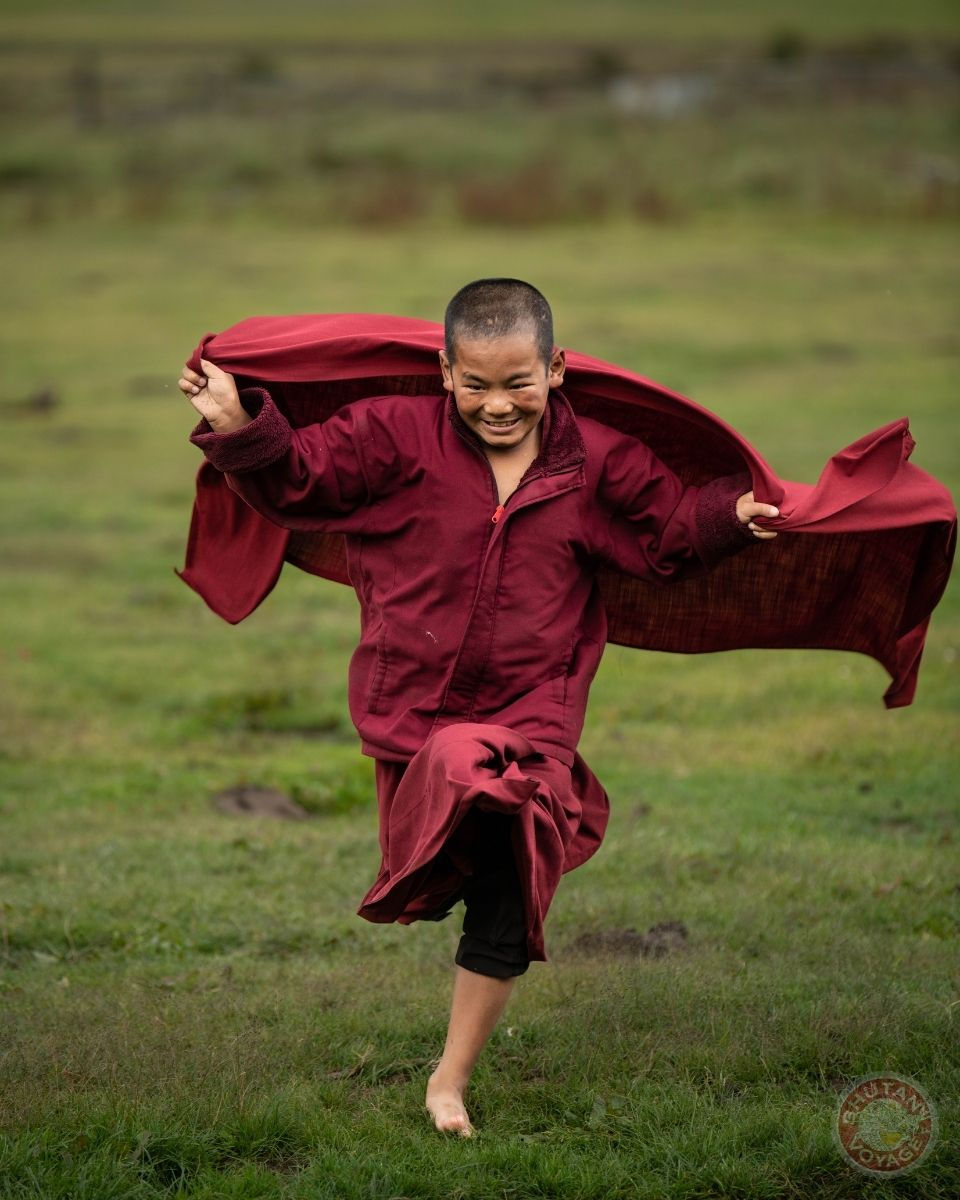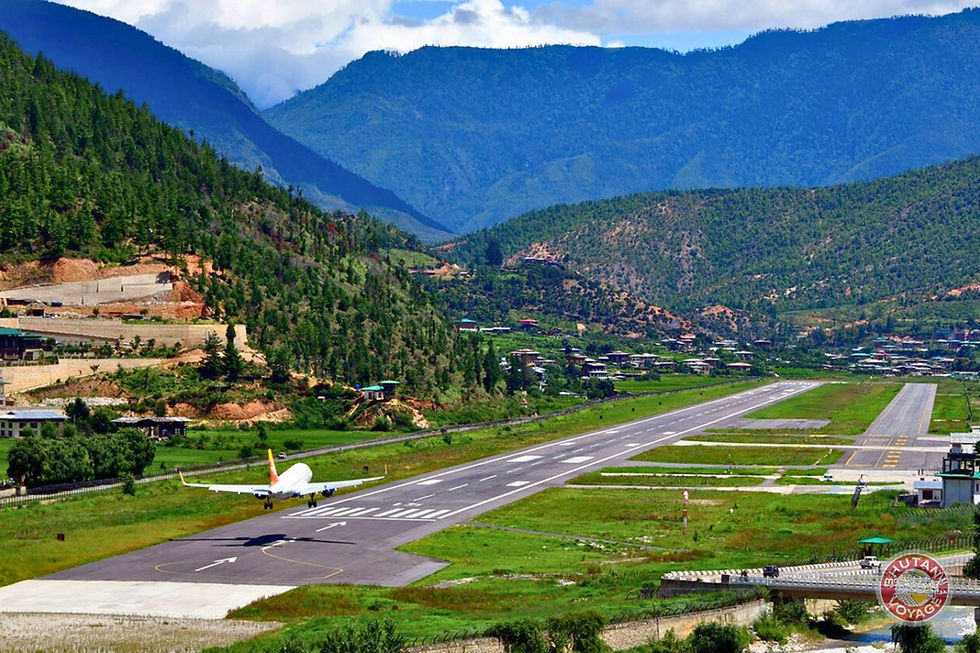Gross National Happiness - Why Bhutan is one of the Happiest Place on Earth
- Chundu Rigden

- Oct 10, 2025
- 3 min read
Updated: Oct 14, 2025
When people hear that Bhutan measures its success through happiness, they often smile and assume it is just a slogan. But for Bhutan, happiness is not a marketing phrase. It is a way of life and a philosophy deeply woven into everything the country stands for. The idea of Gross National Happiness began as a vision from Bhutan’s kings, and it continues to shape the nation’s policies, priorities, and daily life.
Gross National Happiness - Why Bhutan is the Happiest Place on Earth? Gross National Happiness, or GNH, is built on four pillars: sustainable development, environmental conservation, cultural preservation, and good governance. Together, these ideas form the foundation of Bhutan’s modern identity. Instead of focusing only on economic growth, Bhutan looks at the wellbeing of its people, the strength of its communities, and the health of its environment. It is a rare approach in today’s world, and it works.
You can feel this philosophy the moment you arrive in Bhutan. Life moves at a slower pace. People greet each other with warmth, children play safely in village fields, and monks walk quietly through temple courtyards. There is a calm rhythm that seems to connect everyone to something larger than themselves. Even visitors often say they begin to feel lighter, as if the air itself carries a quiet joy.
The government’s focus on happiness influences every part of life. Schools teach mindfulness and values alongside academic subjects. Forests are protected by law, ensuring that Bhutan remains carbon negative. New roads and hotels are built carefully to preserve harmony with nature. When decisions are made, leaders ask how they will affect happiness, not just profit. It is a question that has guided Bhutan for decades.
Spirituality also plays a central role. Buddhism is the heartbeat of Bhutanese life. Monasteries are filled with chanting monks, and prayer flags wave across mountain passes. The teachings of compassion, balance, and contentment are not just practiced by monks but lived by ordinary people. This spiritual grounding helps explain why Bhutanese society feels so balanced despite the rapid changes of the modern world.
Visitors quickly notice that happiness here does not depend on wealth. Many families live simple lives, yet there is a strong sense of gratitude. People take pride in their work, care for their elders, and help neighbors in need. Festivals bring entire communities together, and even strangers are welcomed with tea and conversation. The happiness you encounter in Bhutan is not about luxury but about belonging.
Of course, Bhutan faces challenges like any country. Young people are drawn to modern lifestyles, and the balance between development and preservation requires constant attention. Yet the nation continues to hold on to its core belief that progress should serve people, not the other way around. That belief gives Bhutan a sense of direction and peace that feels increasingly rare in the world today.
For travelers, experiencing Bhutan’s happiness firsthand can be transformative. It changes how you see your own life. You start to notice how contentment can come from simplicity, how kindness spreads easily, and how peace begins when people care about more than themselves. It is difficult to leave Bhutan without feeling inspired to carry a little of that happiness home.
Perhaps that is why visitors often say Bhutan stays with them long after they return. It is not just the mountains or monasteries that linger in memory, but the feeling of calm that seems to follow you. In a world obsessed with speed and success, Bhutan quietly reminds us that true happiness comes from balance, connection, and the courage to live with intention.





Comments